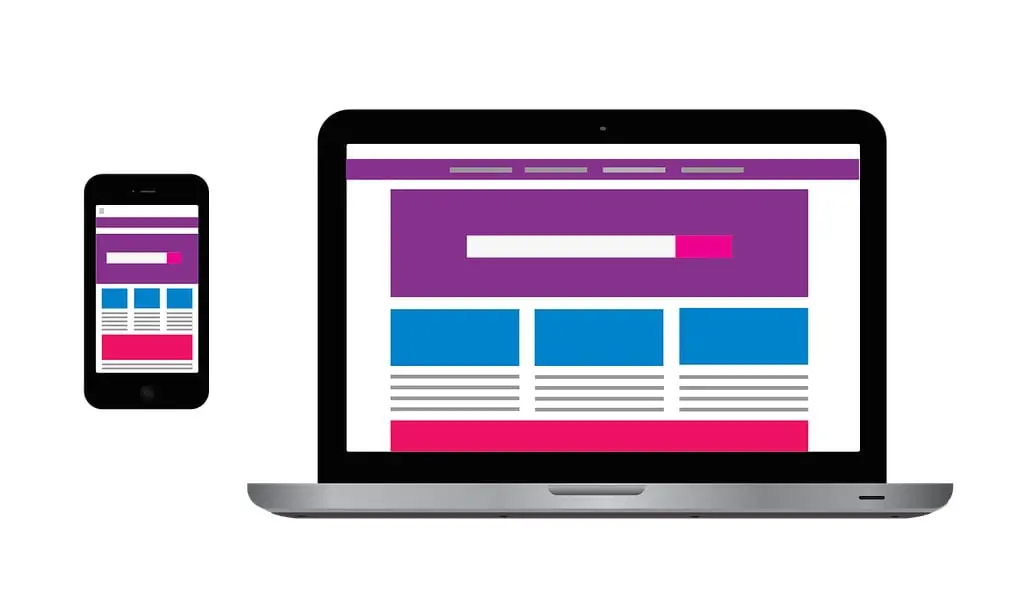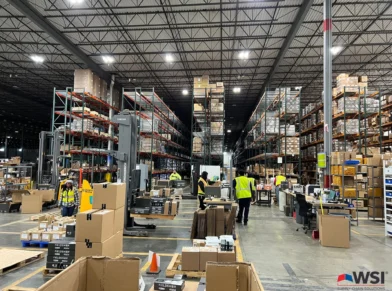Mobile-First Indexing & Mobile-Friendly Websites

Many business owners don’t understand that their website, even if it’s viewable on a mobile device, might not be mobile-friendly. A website is mobile-friendly if it’s been designed to be properly displayed on a mobile device, such as a smartphone or tablet. This means it can be read, navigated, and all essential functions utilized on a phone or tablet without the user having to pinch, rotate, or enlarge.
If your website isn’t mobile-friendly, you’ve probably been missing out on traffic, customers, even sales. Why? Because websites that aren’t mobile-friendly don’t rank as high as their mobile optimized counterparts. And because users are five times more likely to leave a site that does not provide a good experience on a mobile device. This means that continuing to operate your business without a mobile-friendly website is costing you even more traffic, and sales, in the future.
Google’s Mobile-First Index
Google anticipates rolling out what they’re calling Mobile-First Indexing in early 2018. Google announced their intent to make the switch in the fall of 2016 because over half of all global Internet searches are now performed on mobile devices. Prior to this, Google’s priority was focused on the desktop versions of websites. Mobile-First Indexing looks first to the mobile versions of pages to determine ranking.
Is Mobile-First Indexing the Same as Mobilegeddon?
Launched in April of 2015, Mobilegeddon is the ominous name many in the SEO community called Google’s first mobile-friendly ranking algorithm. It gave priority to web sites that passed Google’s mobile usability test. Google justified the new algorithm by stating that “the desktop version of a site might be difficult to view and use on a mobile device.” Mobilegeddon didn’t incorporate mobile-first indexing, but it certainly set new standards for mobile optimization. Mobile-First Indexing is the next step in Google’s mobile-friendly evolution.
How Will Mobile-First Indexing Affect my Business?
It won’t, as long as your website design is mobile-friendly. While Mobile-First Indexing doesn’t mean that desktop content will cease to rank, it does mean that not having a mobile-friendly website will critically hamper your online presence. If your website isn’t mobile-friendly, you’re basically ignoring the over half of your company’s prospective customers. And that’s not good business.
If you’re wondering how to ensure your company takes advantage of Google’s Mobile-First Indexing, contact the Dallas SEO specialists at Globe Runner.

















